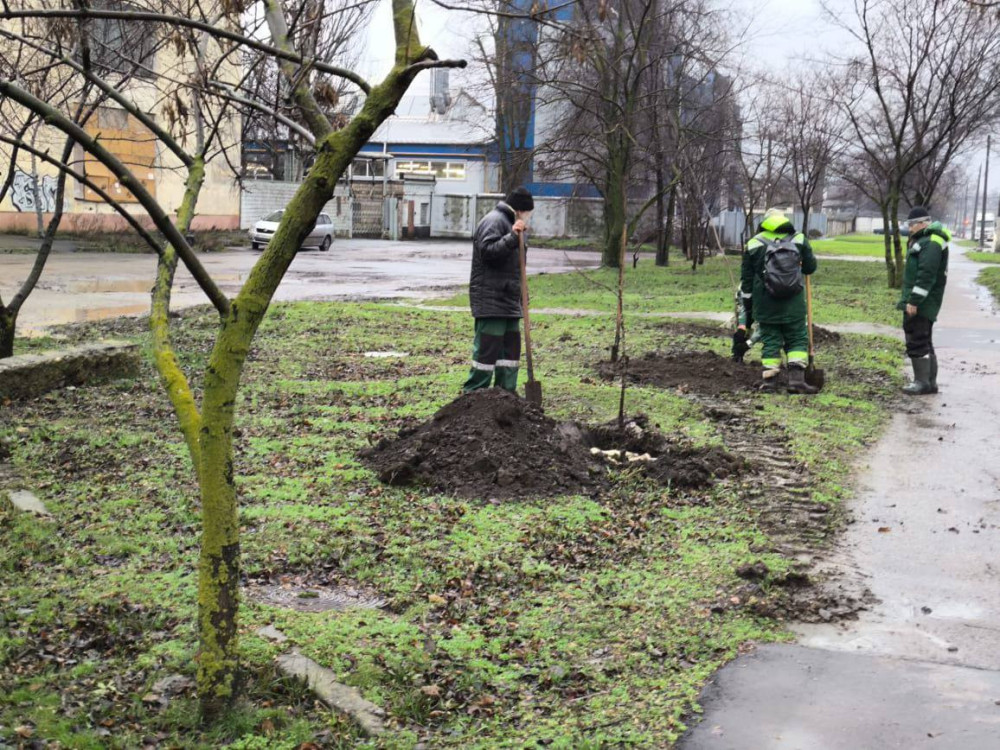Recent studies indicate that sturgeons are among the most vulnerable animal groups on Earth.
On May 22, coinciding with International Biodiversity Day, a sturgeon restocking event occurred in the Danube Biosphere Reserve. According to WWF-Ukraine, 18,000 sterlet fry and 13,900 Russian sturgeon were released into the river, including 1,900 supported by WWF-Ukraine. Both species are listed in the Red Book of Ukraine. This initiative was organized by the Odesa Regional State Administration, the State Fisheries Agency, and WWF-Ukraine, with the participation of the Odesa Sturgeon Complex and the Danube Biosphere Reserve.
The restocking process was monitored by the fish protection patrol. The fry were grown in Odesa at the Odesa Sturgeon Complex and hail from the Danube. This effort is part of a program aimed at restoring rare sturgeon populations in the Danube basin.
The International Union for Conservation of Nature (IUCN) recognizes sturgeons as the most vulnerable group, with 23 out of 26 species at risk of extinction. Historically, six species inhabited our waters: beluga, sevruga, freshwater sterlet, Russian sturgeon, Atlantic sturgeon, and ship sturgeon. All of them are listed in the Red Book of Ukraine, with the latter two declared extinct in our territory. The primary threats to sturgeons are poaching, the destruction of spawning habitats, and dam construction that obstructs migration routes. WWF-Ukraine emphasizes that restocking sturgeons in the Danube has significant ecological importance, as sturgeons are among the oldest river inhabitants, with nearly all their species in Europe at risk. This restocking helps restore their natural populations, including those species that have nearly vanished from the wild. Ukraine participates in international programs for sturgeon conservation, including CITES, and restocking is an essential part of these efforts.










